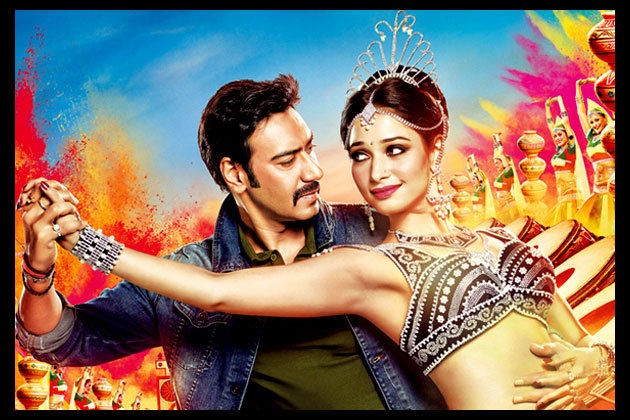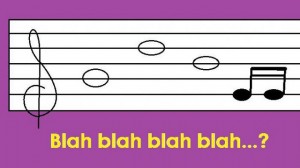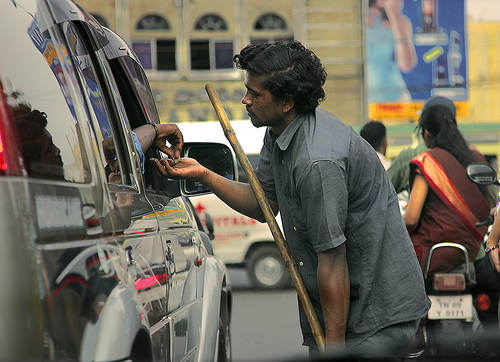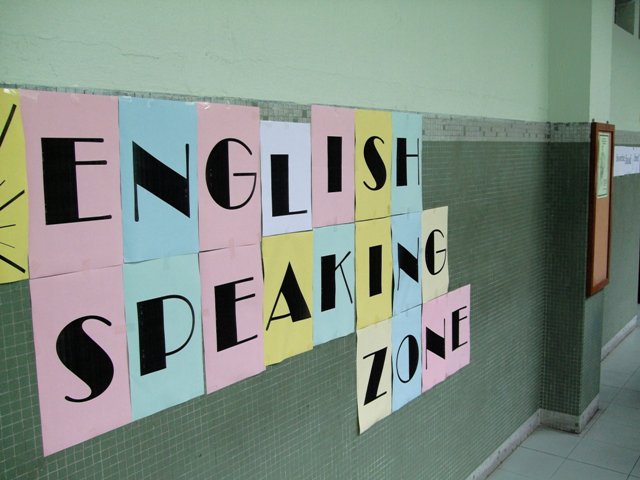Our dreams are more real than our life’s starkest realities. If you fear failure, then you have no business dreaming at all.
 by Jatin Sharma
by Jatin Sharma
Recently I have been part of the most interesting chats in my social circuit.
Everyone has been using this line extensively, “Mujhe na kuchh bada karna hai.”
When I dug deeper, I found a mine of dreams. Where someone who was in sales was a closet artist, where a person in programming person wanted to be a cricketer, a writer who wanted to be a director, and an architect who just wanted to be a potter.
At first, I was mighty impressed by their dreams. Their dreams had huge potential and a faith that was unshakeable. But when I asked them about making those dreams a reality, all of them postponed the dream. They postponed a dream because they had a reason today to not follow it. Or may I say, they had an excuse not to!
For me, a dream is a reality that is yet to be fulfilled. But procrastinating on following your dreams is just like letting a missed train go further away by not attempting to reach the next station, and watching it recede in the distance.
Of those who have gone ahead and chased a dream, one thing is certain: they would never have achieved their dreams if they hadn’t given those dreams first priority.
A dream is not a showpiece, it is a part of you.
A dream is a desire that is deep inside you.
A dream is an enslaved bird that wants to flap its wings and fly.
A dream is the real you. What you dream is what you wish to become, and if fear of failure stops you from being the real you, then it is really pointless that you dream at all.
The power of a dream is optimum when the word ‘failure’ goes out of your dictionary.
We all forget that the road between dreams to reality is covered just by making an effort. Dreams should always get the first priority in everyone’s life. If you are dreaming of something, just go ahead and do it. Don’t fear failure – just feel happy that you gave your dream a chance. That you tried and it didn’t work out. But at least you will be proud of yourself because for the first time, you respected yourself enough to face the unknown for the sake of a dream.
Don’t live a life that is not yours. Let dreams be your reality. A reality that you like and love. A reality that you always dreamt of. Don’t sell your dreams for a salary that you don’t really value. Don’t procrastinate on your dreams by making excuses. Don’t budget your dreams for no money that is spent on your dreams can be measured in terms of less or more.
Give yourself a chance.
Happiness is not the thousand achievements in the reality that you never wished for, it is the one failure that you go through while pursuing your dreams.
And don’t question your dream – will it work, will it not work, what happens if I fail, do I really want to do this? Question your reality. Your dreams are more real than your reality.
Follow and do what you wish to do. Do it right now.
Jatin Sharma is a media professional who doesn’t want to grow up, because if he grows up, he will be like everybody else.
(Picture courtesy helpingchurchleaders.com)











